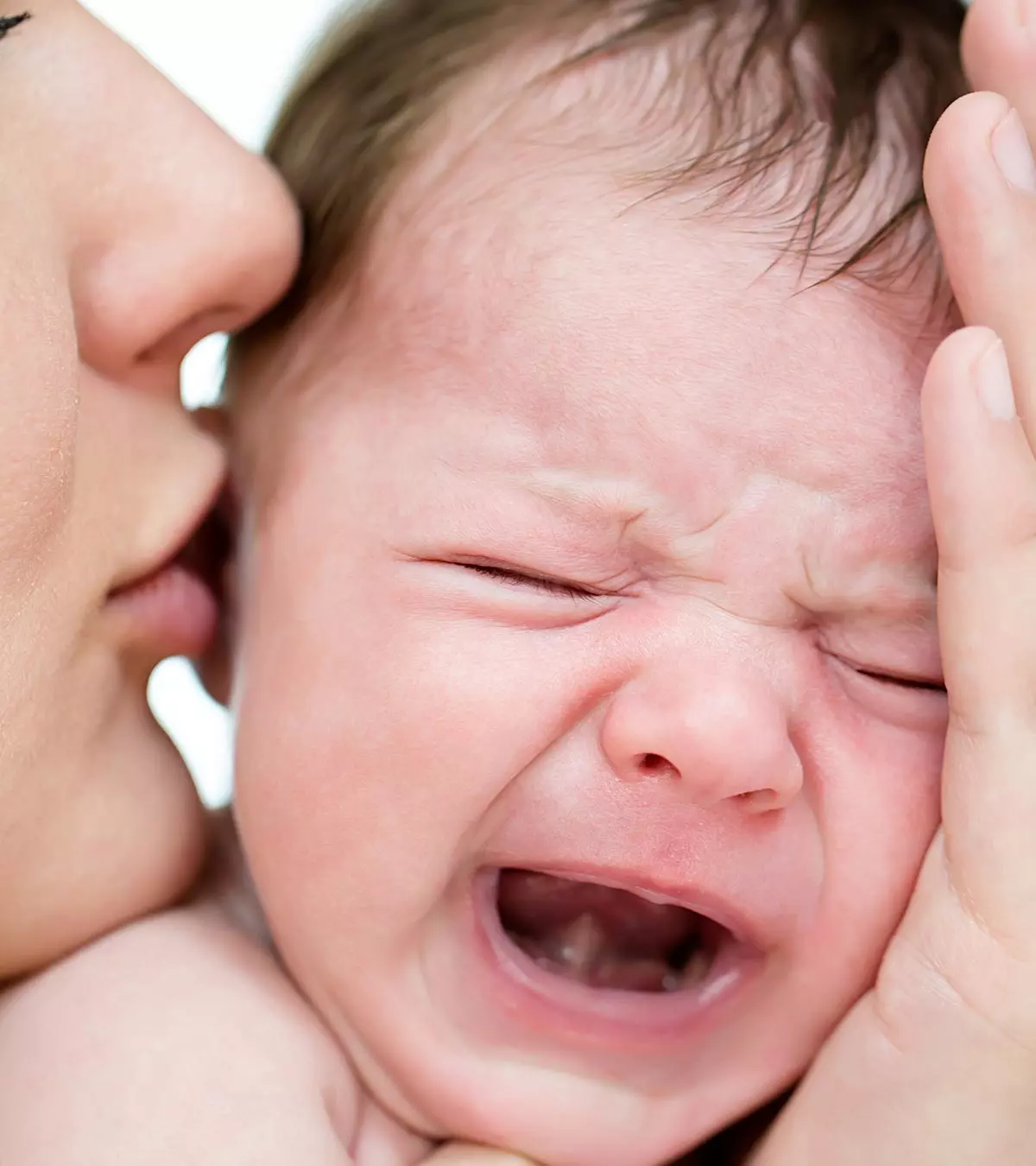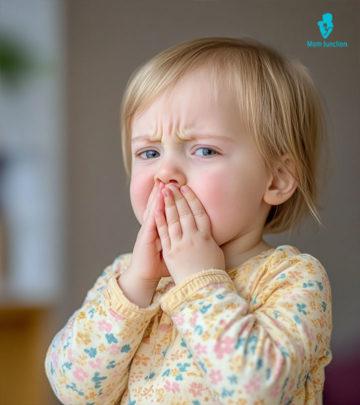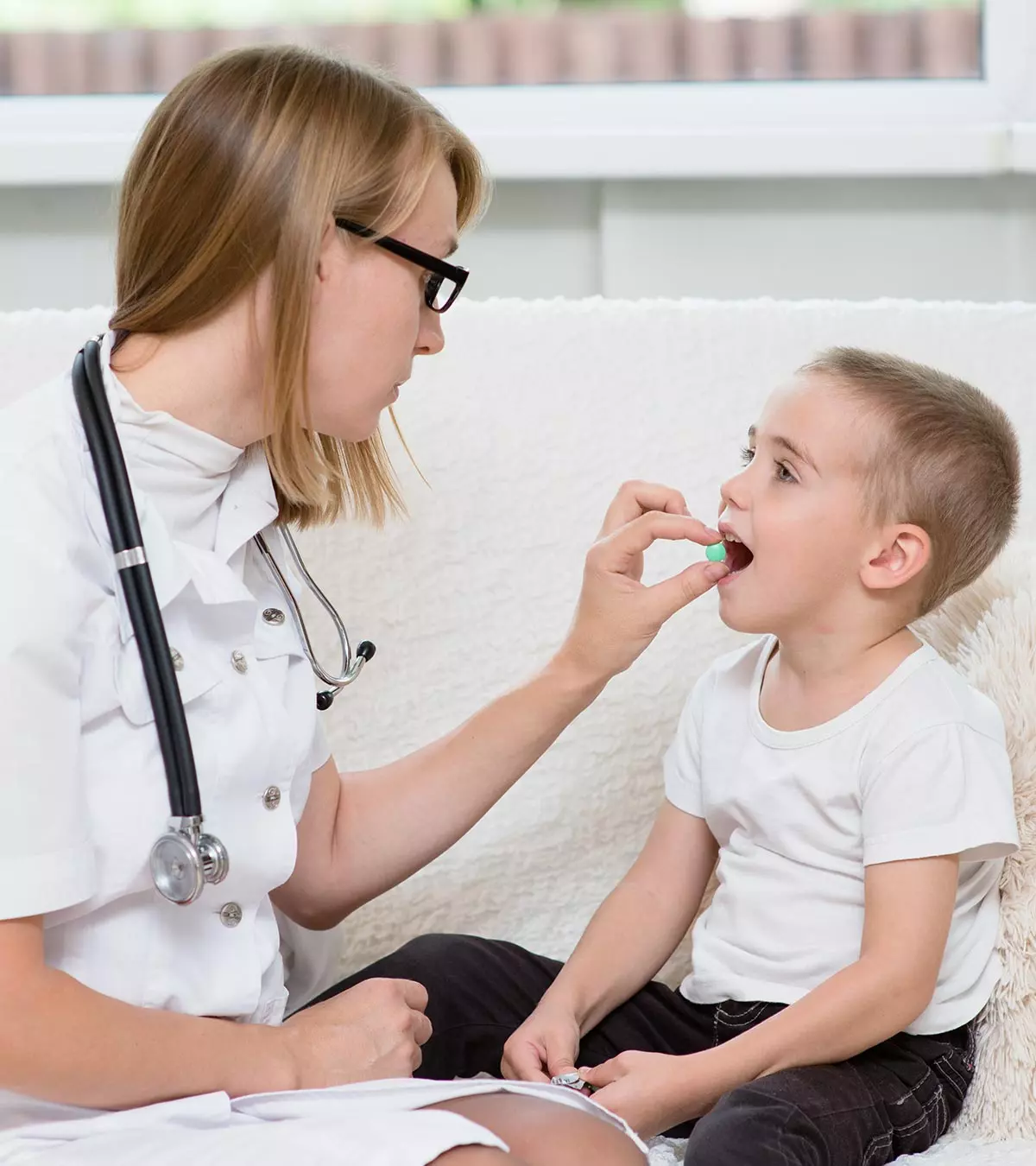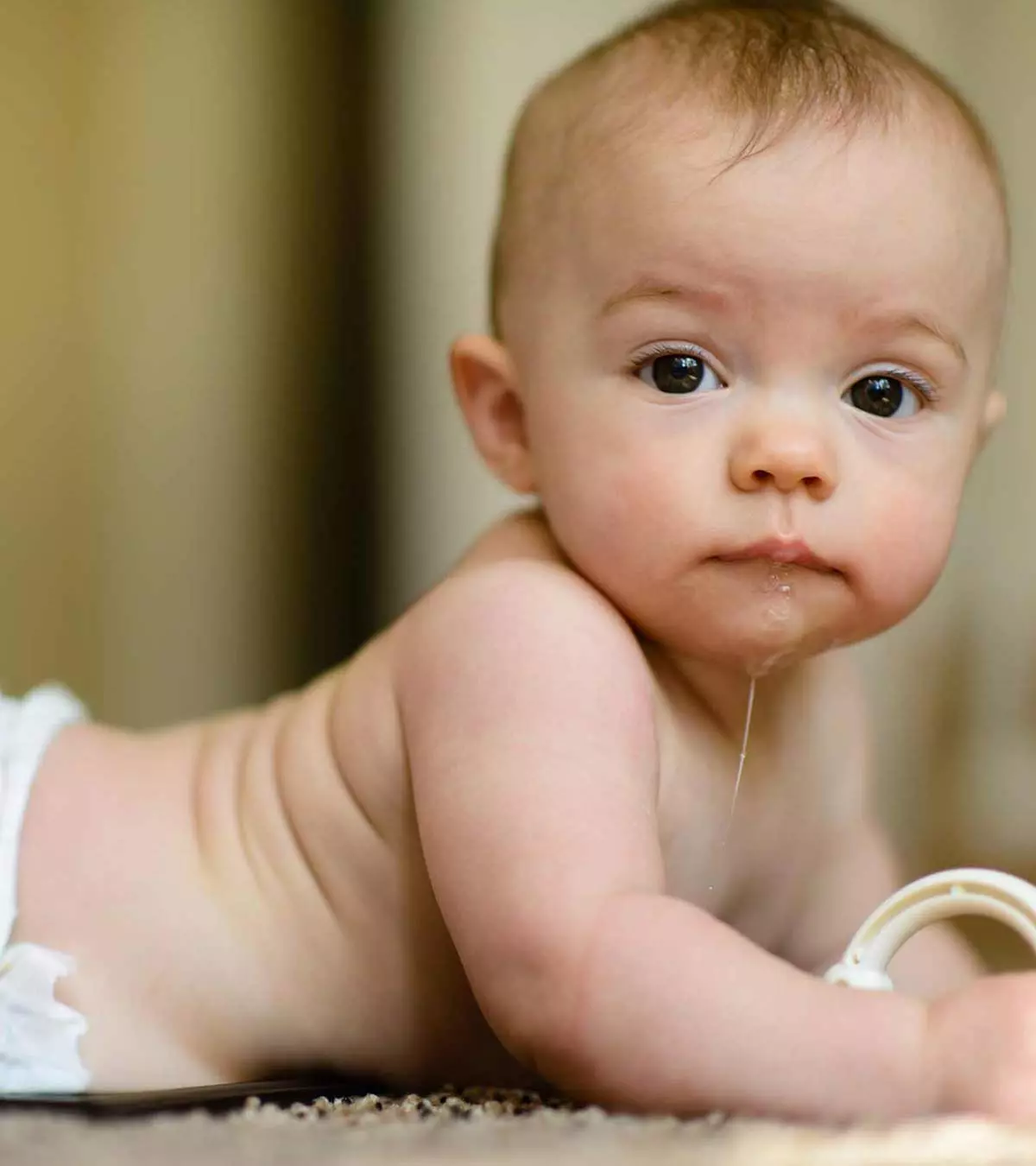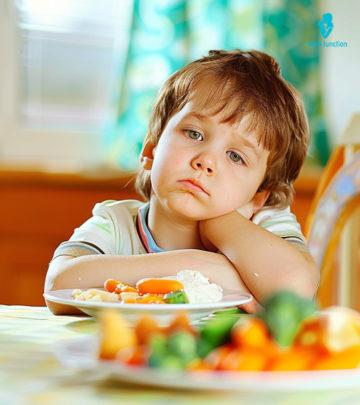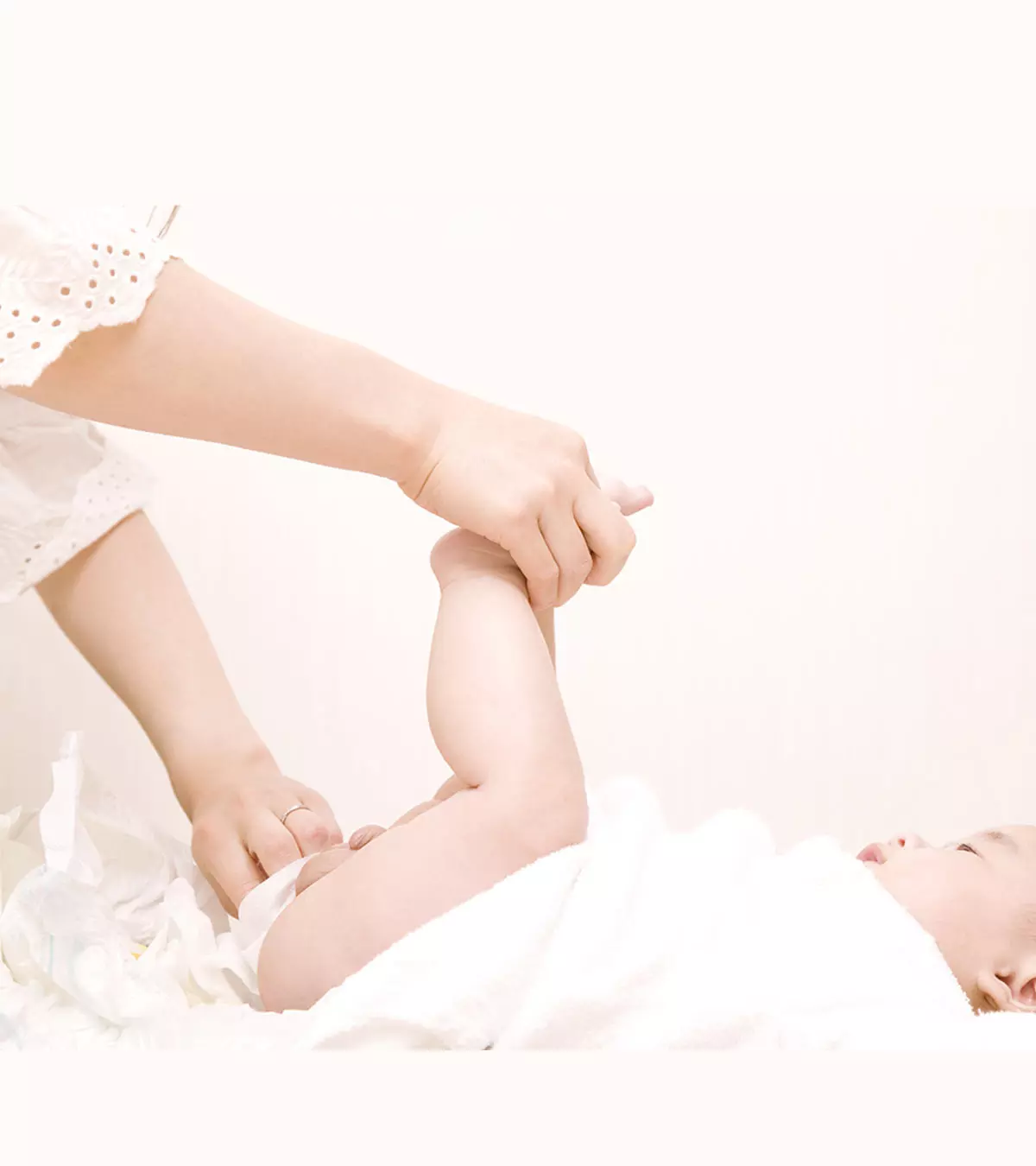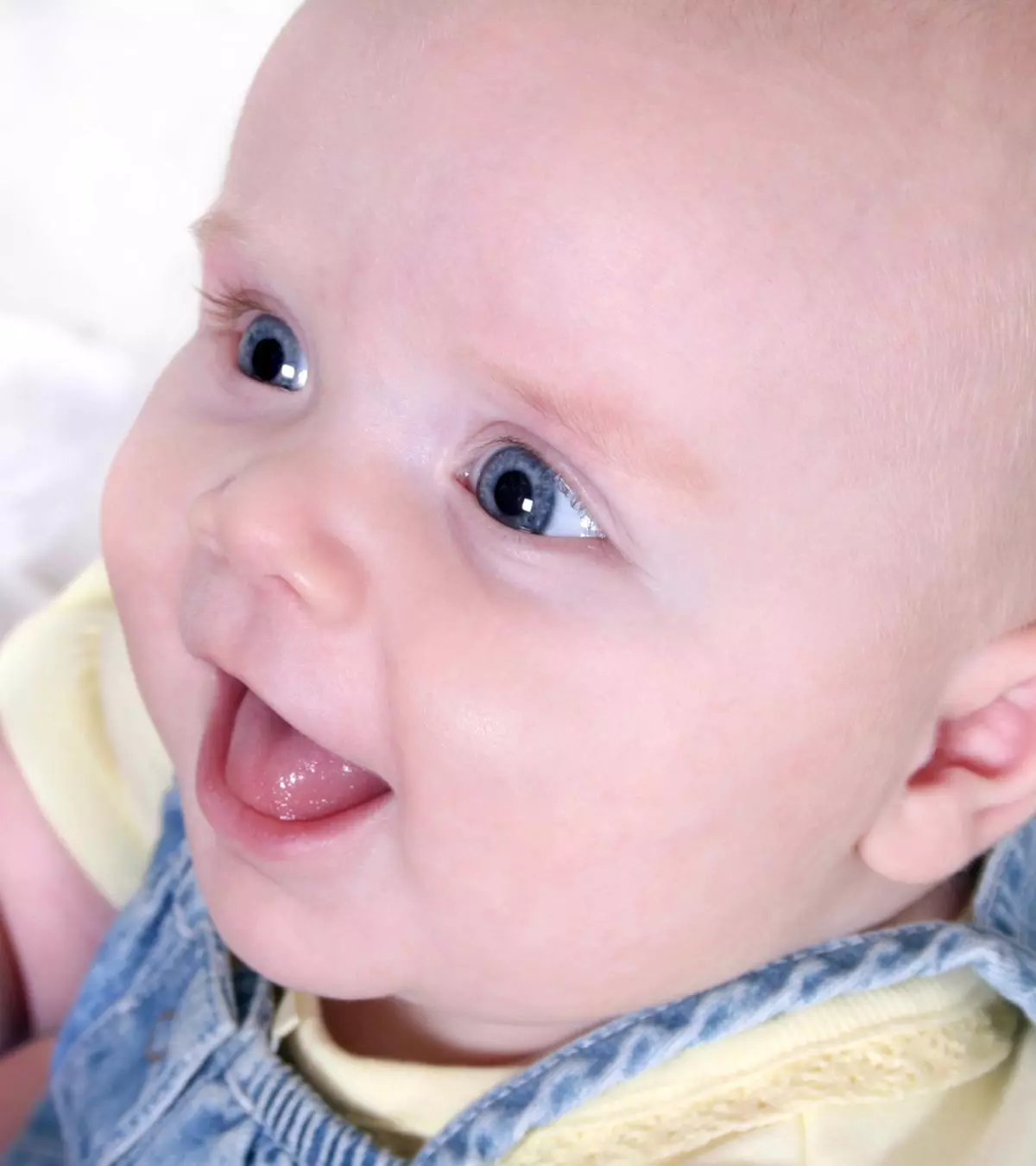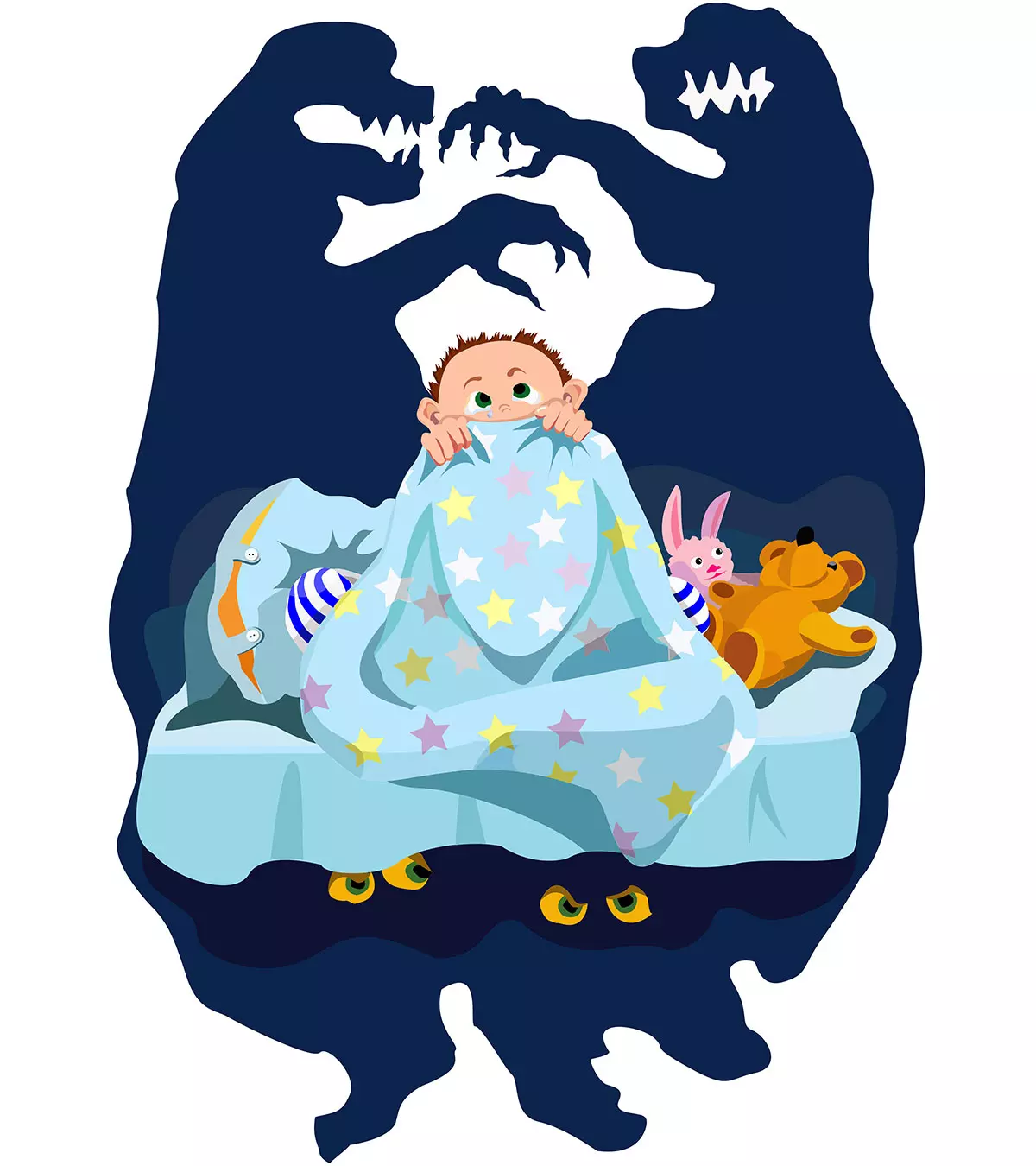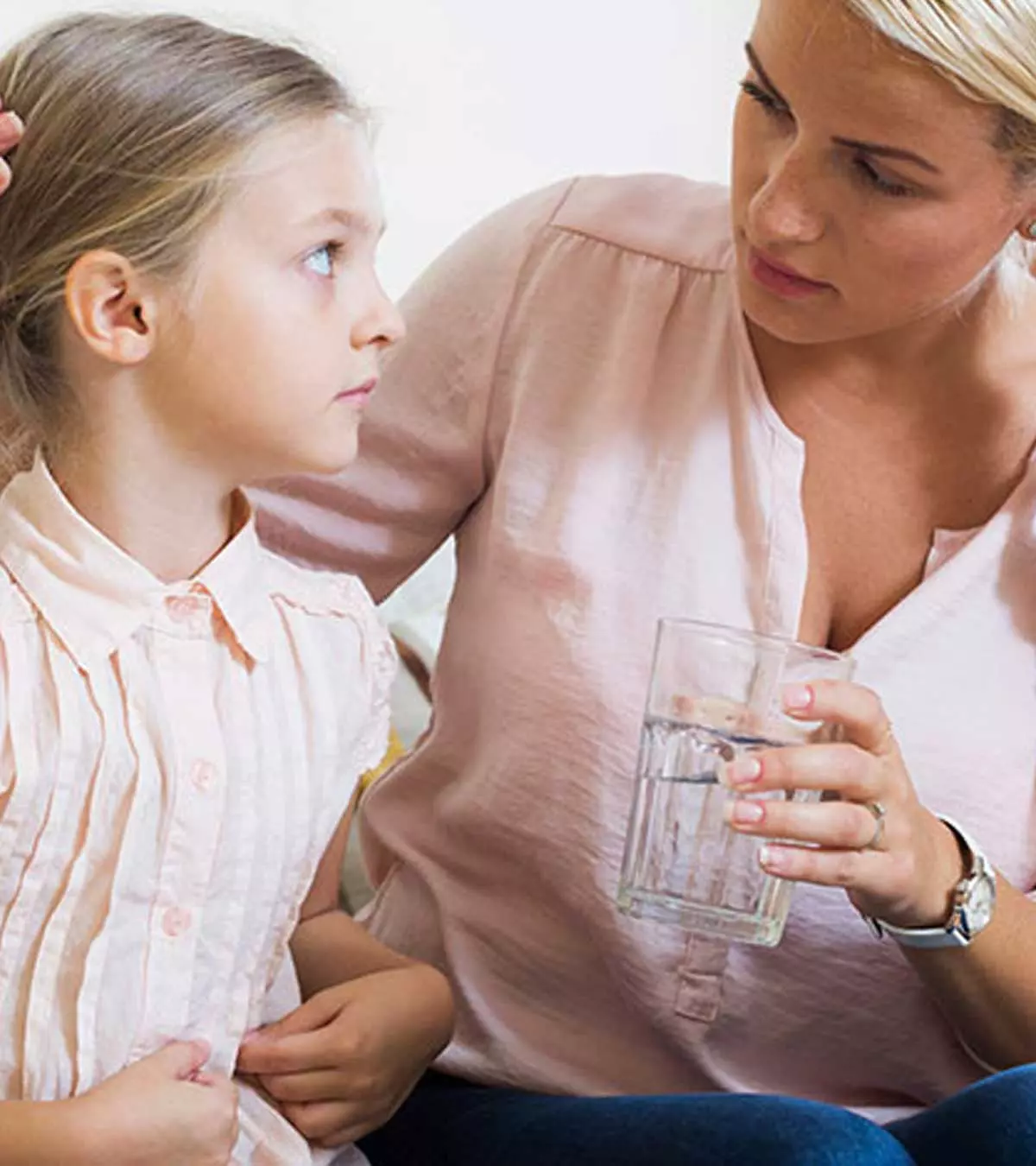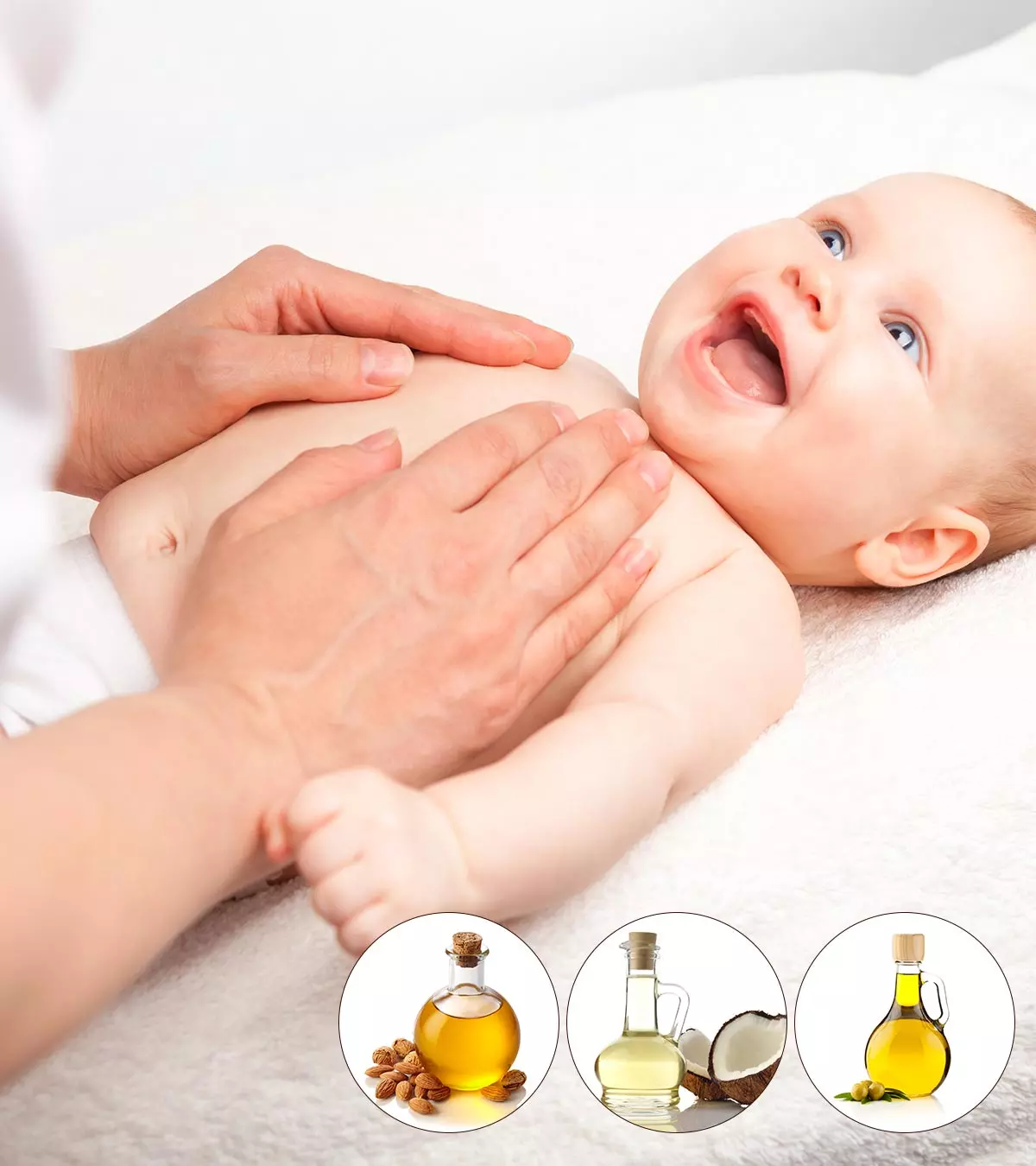RN

Jenni Johnson is a registered nurse, psychiatric nurse and midwife. She has been looking after new parents from her practice in Durban, South Africa for the last ten years. Her ante and post-natal clinic set the foundation for parenting and is known to be available to parents at any time.
Her passion is with the individual mother - each with her own story, concerns and needs. Teaching routines, nutrition, good sleep habits and organizational skills in a practical, easy-to-apply manner is what she’s best known for. She also has an online clinic www.jennisays.com where routines can be downloaded and online support sought.
MomJunction believes in providing the most accurate content to its readers. Hence we get our articles reviewed by highly skilled experts in the relevant fields. The articles are reviewed to ensure their authenticity, factual correctness, and relevance. The board members also add inputs drawn from their years of experience. Learn more about our expert panel.
